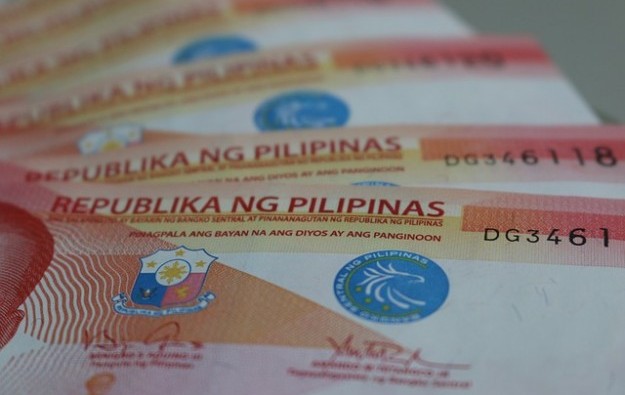Philippines needs AML reform on casino biz: IMF
Apr 12, 2021 Newsdesk Latest News, Philippines, Top of the deck

The Philippines will need to make further reforms to enhance its anti-money laundering (AML) and combatting the financing of terrorism (CFT) measures in relation to the country’s casino industry, says a report from the International Monetary Fund (IMF).
The fund said in a Friday press release that its executive board had reached the conclusion as part of its “Financial System Stability Assessment” of the country.
Referring to the country’s casino regulator, the Philippine Amusement and Gaming Corp (Pagcor), the report stated: “Pagcor should effectively apply risk mitigation and risk-based supervision measures (i.e., targeting casino junket operators).”
The document added, referring to the fact some casinos in the Philippines are in the public sector and under the umbrella of Pagcor: “The authorities should resolve Pagcor’s conflict of interest from its responsibilities for operating casinos and AML/CFT supervision.”
The IMF report said additionally the Philippines should strengthen “risk-based” AML/CFT supervision “including sanctioning procedures” for high-risk sectors, such as “banks, casinos, and money-value transfer service providers”.
The document also noted that the country currently faced “medium” risk to its reputation in terms of the financial sector.
The IMF suggested international confidence “could diminish from insufficient supervision and monitoring of casinos, the gaming industry, and cryptocurrency exchanges, which could be abused for financial crimes”.
Additionally, the fund said the Philippines’ “strict bank secrecy laws” limited financial supervisors’ access to individual depositors, and could “encourage criminals to misuse Philippine banks for fraud, money laundering, terrorism financing, and other financial crimes”.
Without further reform, reputational risk could “pressure” relationships with correspondent banks in other places, and “limit Philippine banks’ access to global markets, and affect the flow of international remittances, resulting in depreciation pressure on the Philippine peso,” stated the IMF.
In January, the Philippine Senate and the House of Representatives respectively approved amendments to the country’s Anti- Money Laundering Act, known as the AMLA, adding Philippine Offshore Gaming Operators (POGOs) and their “service providers” as “covered persons” under the legislation.
The lower house’s speaker was cited as saying the move would “help the Philippines avoid being included in the grey list of the FATF-International Cooperation Review Group”.
That was a reference to the France-based Financial Action Task Force, a body that advises countries across the world, on how to improve anti-money laundering procedures.
Related articles
-
 RGB says ‘unaffected’ by...
RGB says ‘unaffected’ by...Jul 26, 2024
-
 Philippines gives 20k aliens in POGOs...
Philippines gives 20k aliens in POGOs...Jul 25, 2024
More news
-
 Donaco EBITDA up y-o-y to above US$4mln...
Donaco EBITDA up y-o-y to above US$4mln...Jul 26, 2024
-
 HK listed Palasino upgrades Czech...
HK listed Palasino upgrades Czech...Jul 26, 2024
Latest News
Jul 26, 2024
Border-casino operator Donaco International Ltd has achieved a 164.17-percent year-on-year increase in its latest quarterly group earnings before interest, taxation, depreciation and amortisation...Sign up to our FREE Newsletter
 (Click here for more)
(Click here for more)
Pick of the Day
”We’ve got more traction outside of Macau at the moment. But Macau’s going be a bigger focus for us”
David Punter
Regional representative at Konami Australia
Most Popular
 Sheraton brand to exit Londoner Macao, to be Londoner Grand July 25, 2024
Sheraton brand to exit Londoner Macao, to be Londoner Grand July 25, 2024  Macau regulator probes unlicensed gaming agents July 24, 2024
Macau regulator probes unlicensed gaming agents July 24, 2024  Philippines gives 20k aliens in POGOs 60 days to leave July 25, 2024
Philippines gives 20k aliens in POGOs 60 days to leave July 25, 2024  Philippines-listed DigiPlus says not affected by POGO ban July 24, 2024
Philippines-listed DigiPlus says not affected by POGO ban July 24, 2024  Sands China 2Q EBITDA down q-o-q amid low hold, renovation July 25, 2024
Sands China 2Q EBITDA down q-o-q amid low hold, renovation July 25, 2024






